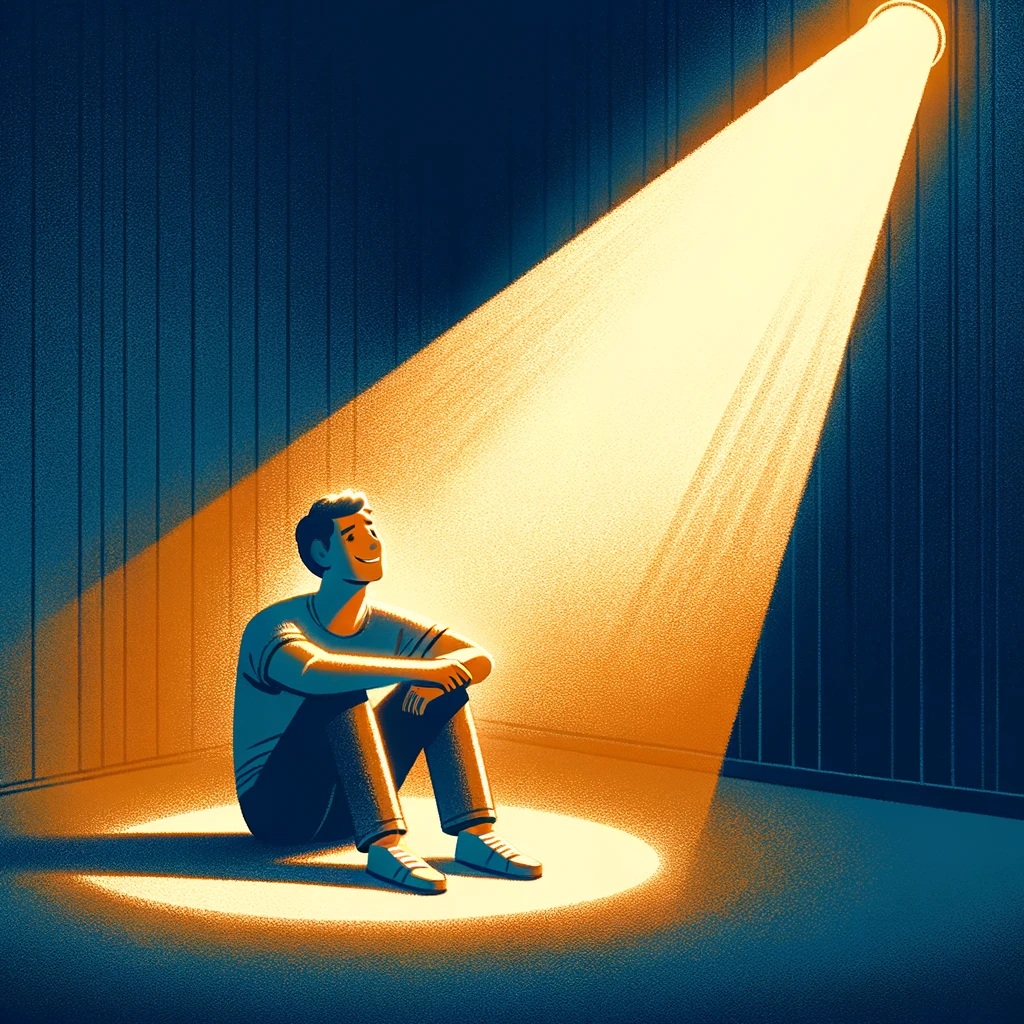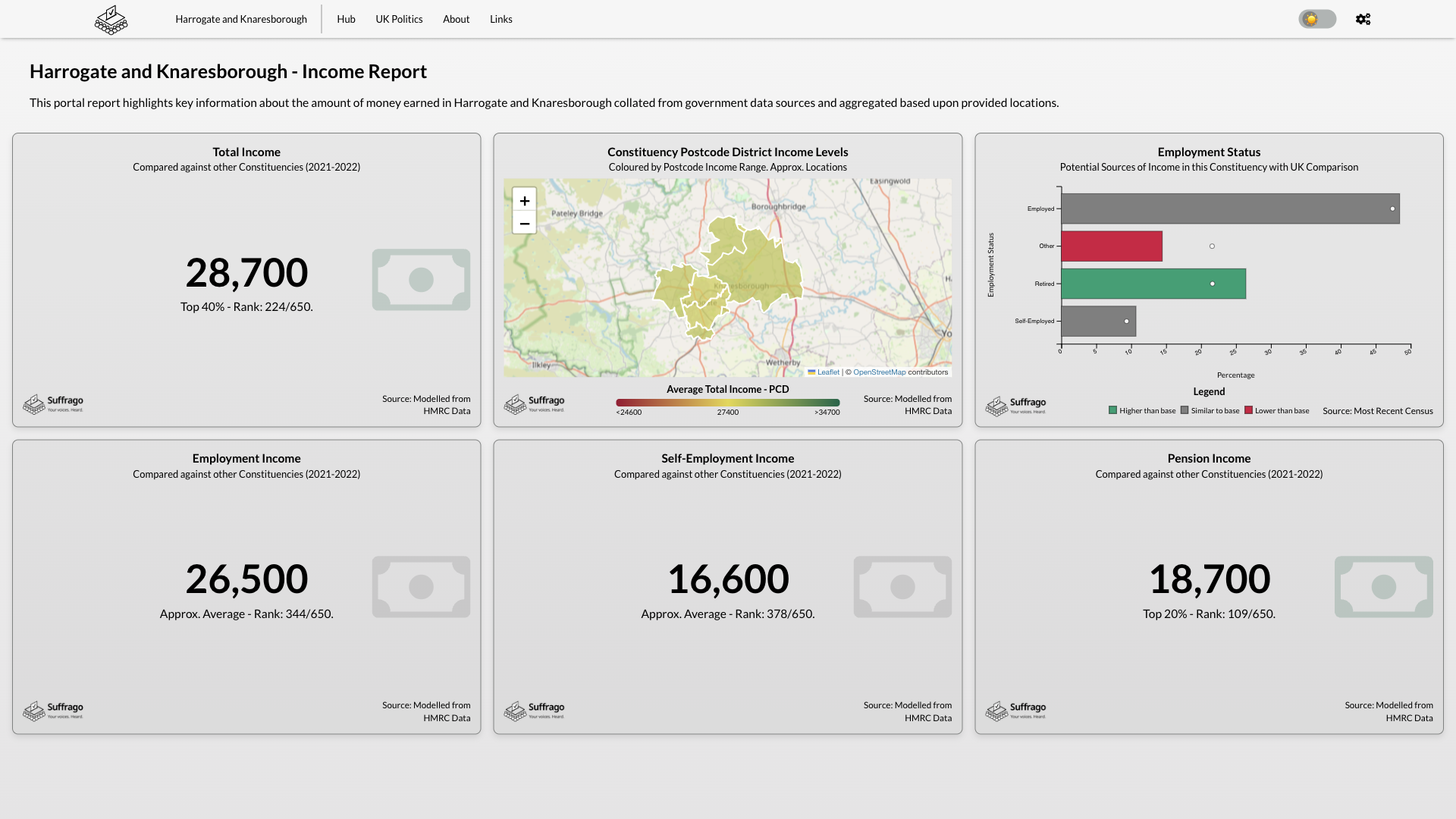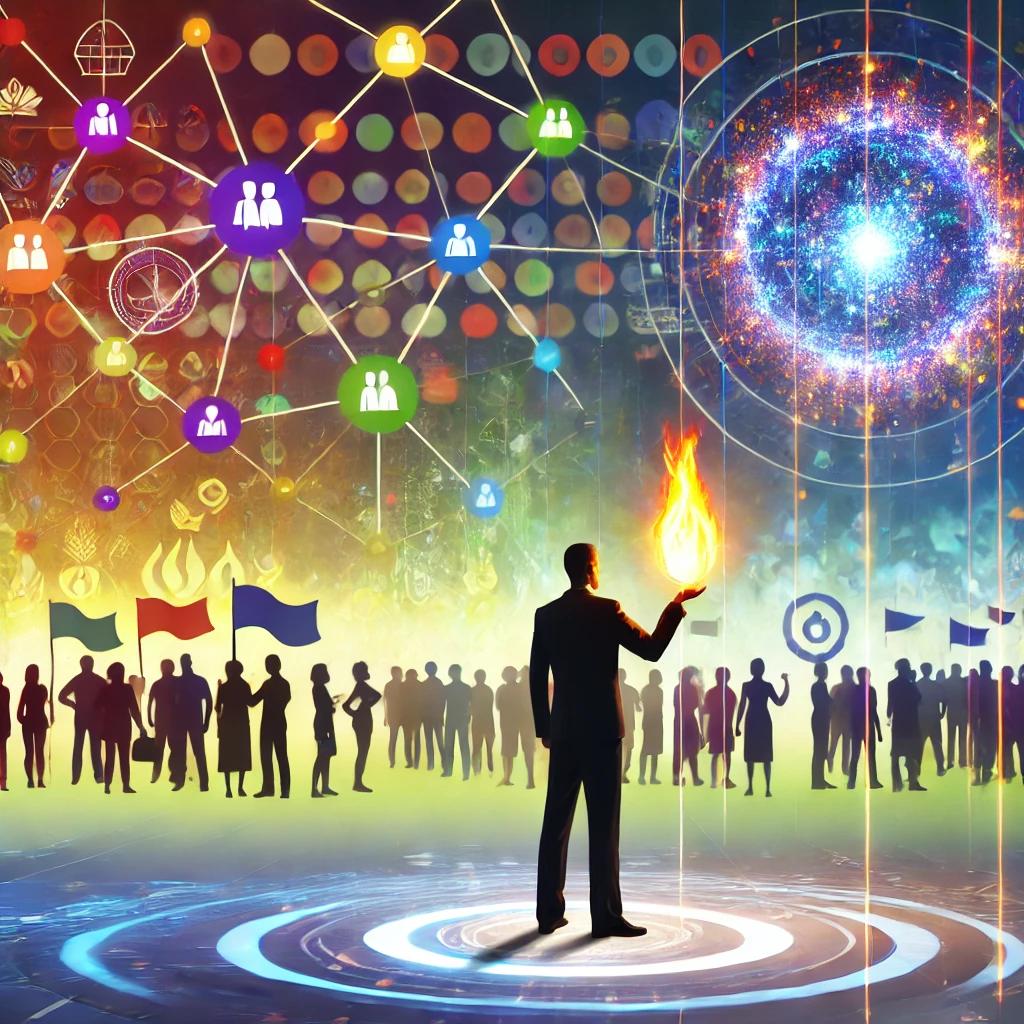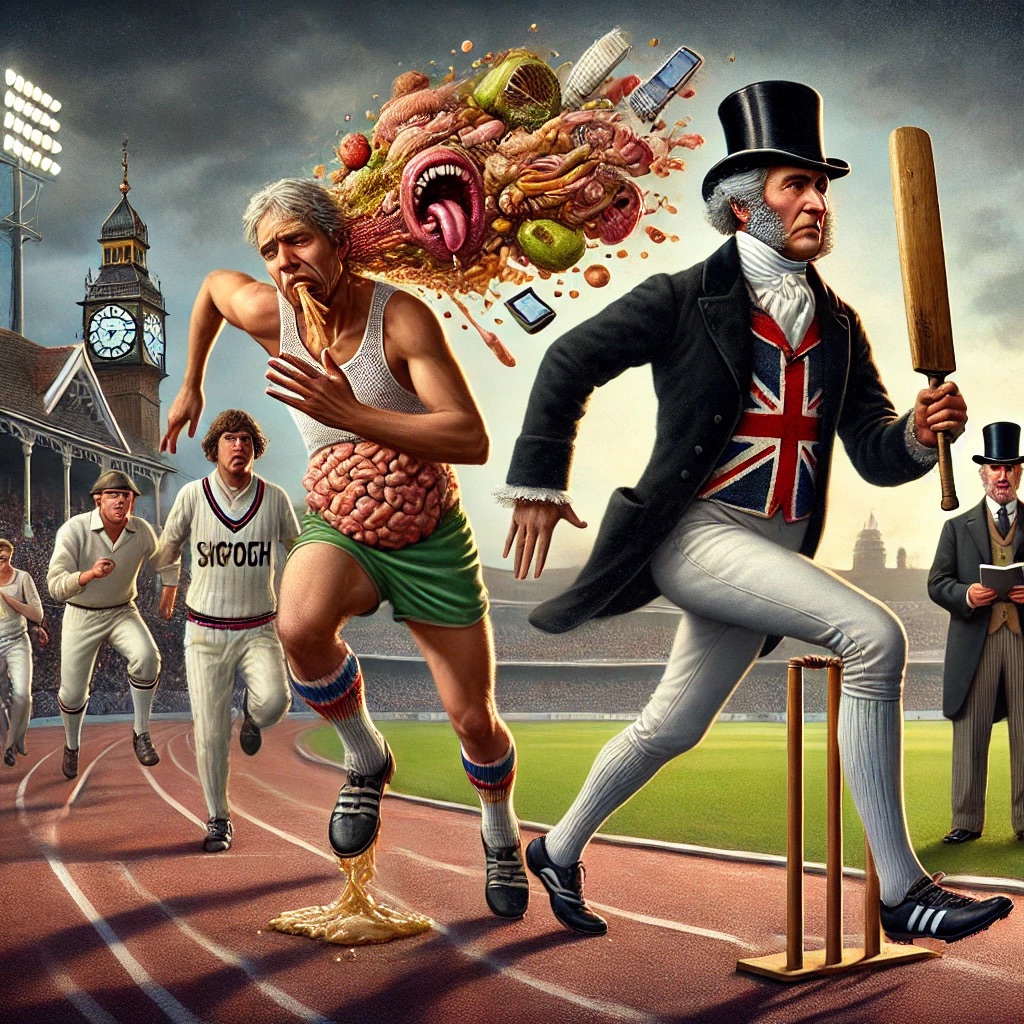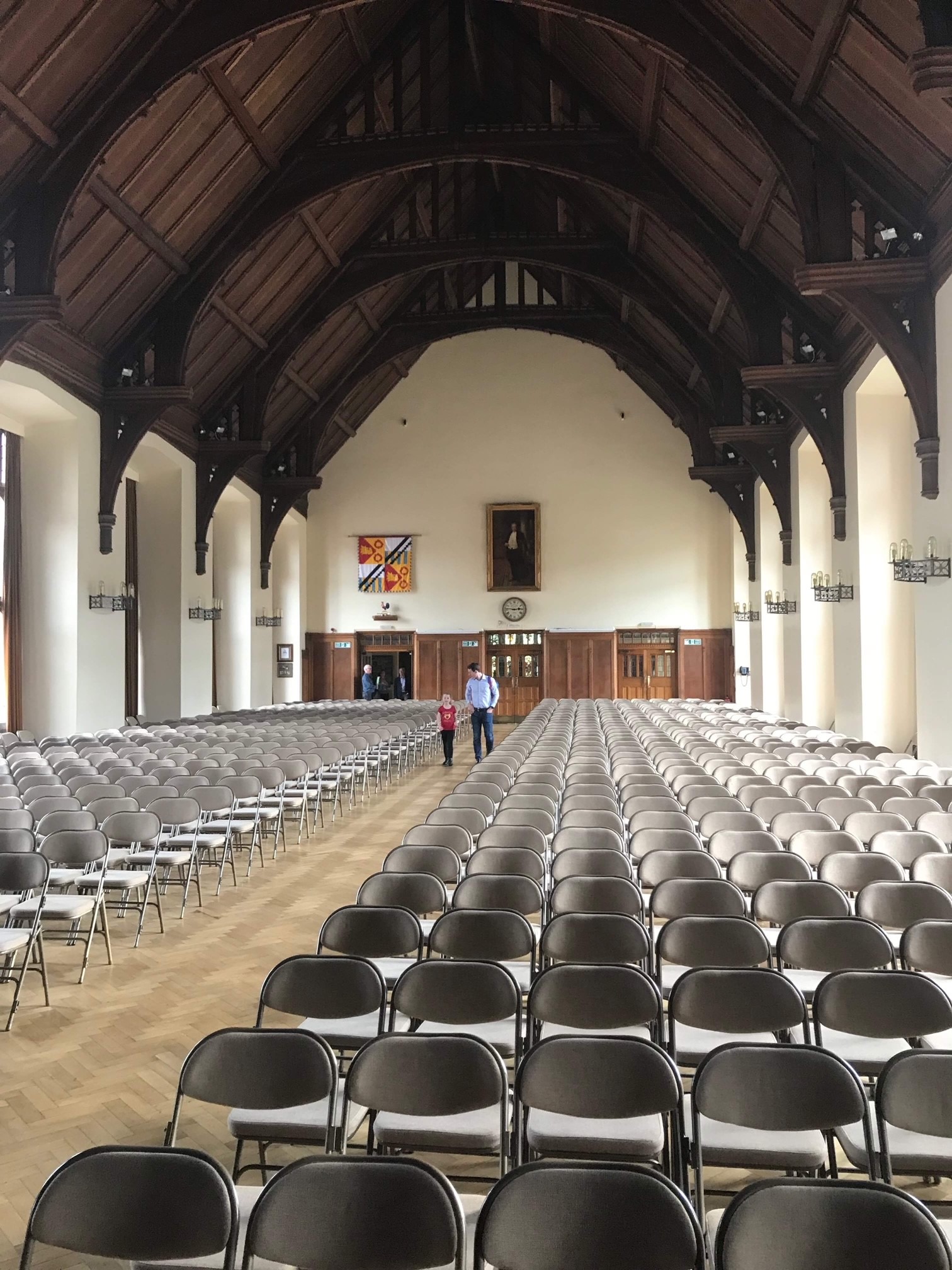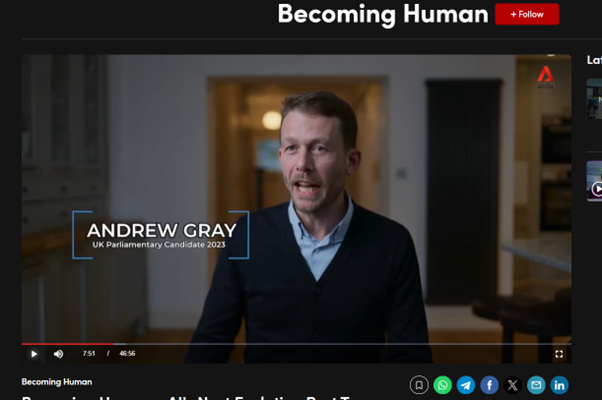Over the last two weeks, I have had the pleasure of meeting many of my friends and family, some of whom I haven’t seen for a long time. At this time of year, most people are reflective about the year that they’ve had, and full of plans for the coming year. When catching-up with folks – and I make no criticism of my friends and family, many of whom read this blog – but they never ask me about the by-election in which I was a candidate, back in July, when I used artificial intelligence for the first time in the history of the world – and fulfilled a dream.
Being the first AI-powered candidate was the most exciting and random thing that I have done. Since July, not a week has gone by when I haven’t had an online meeting people, with people all around the world, who want to talk about that election, yet friends and family aren’t that interested. In a few weeks’ time, Singaporean TV are sending a crew to my house to interview me about that election, confirmation that I am not mad – that it was noteworthy.
Initially, this realisation frustrated me. Yet, as time passed, I’ve come to embrace it with enthusiasm. The truth is, most of us, myself included, are deeply engrossed in our own thoughts and lives. We rarely have the capacity to delve deeply into the lives of others. And I find this fact not only acceptable but incredibly freeing. It’s a profound liberation to understand that our concerns about others’ perceptions are often exaggerated, allowing us to focus more on what truly matters to us.
Growing up, I was painfully shy, particularly at school and university. I was the only student I know to go through school without appearing in a play. At law school, I was still so shy that I engaged a very glamorous 90-something-year-old actress to teach me how to speak in public. Vividly I recall standing in her conservatory and bellowing Shakespeare at her. This helped. With practice, I overcame my shyness.
I mention shyness because not only is it a pernicious quasi-disability that I wouldn’t wish on anyone, but because shyness I think originates from a distorted view of the world: that other people are forever obsessing over what others do and say when this is not so. Psychologists call this the “Spotlight Effect” – the tendency to overestimate the extent to which their actions, appearance, and words are noticed and evaluated by others. As I experienced at school, it’s like feeling as though a spotlight is shining on you, making your every move, word, or fashion choice highly visible and significant to those around you. This can lead to heightened self-consciousness and anxiety, as people may worry excessively about how they are perceived by others.
Although most people are good and want the best for each other, we just don’t have the headspace to think too much about others. I am guilty of this. Rather than beating myself up about my lack of time for others, and vice-versa, we should – I should – remember that our internal score card trumps the outer scorecard. That we should ignore what the world thinks of us – because nobody is really thinking about us too much – and concentrate on what brings meaning to our lives. Imagine what humanity could achieve if we each pursued our own weird.
